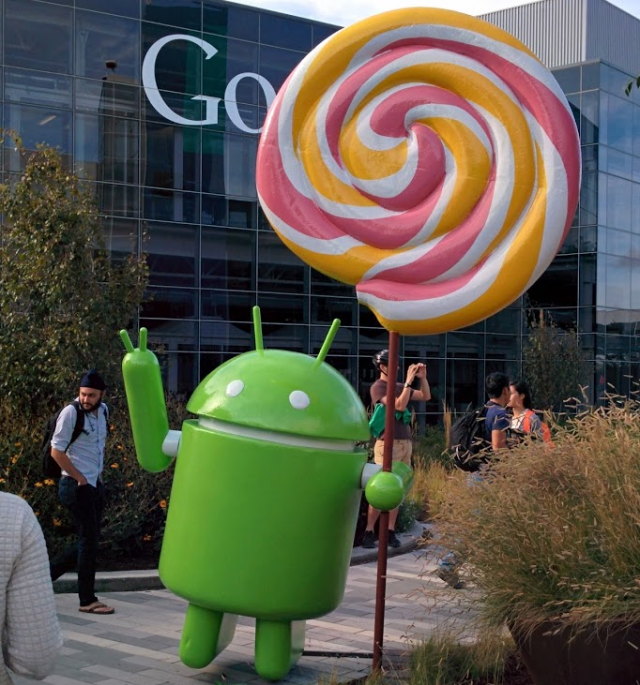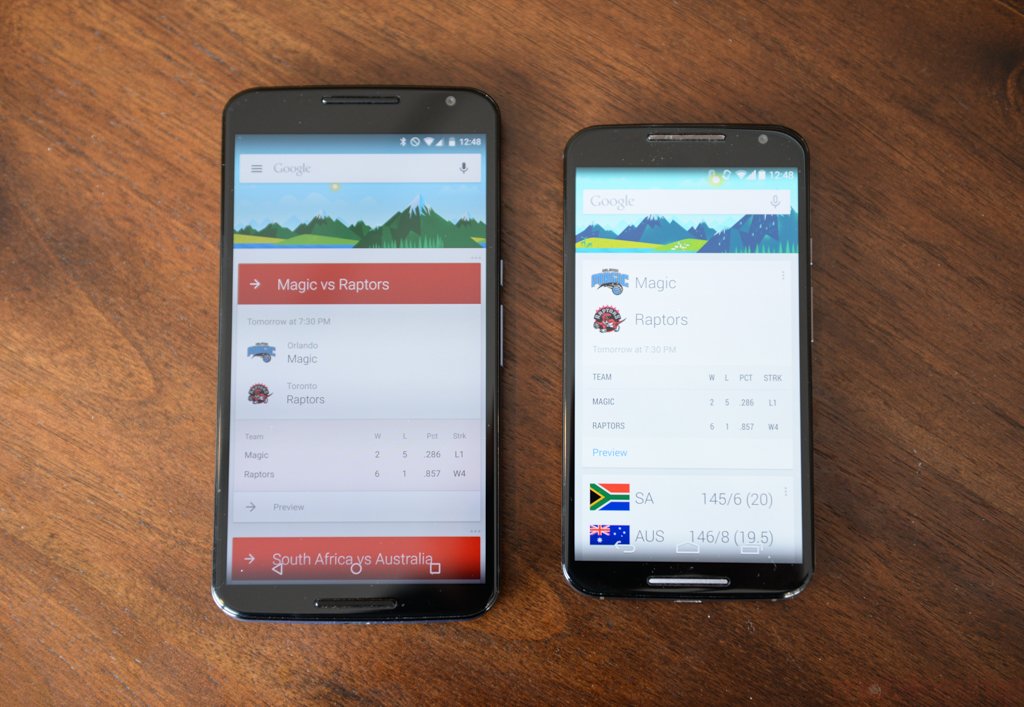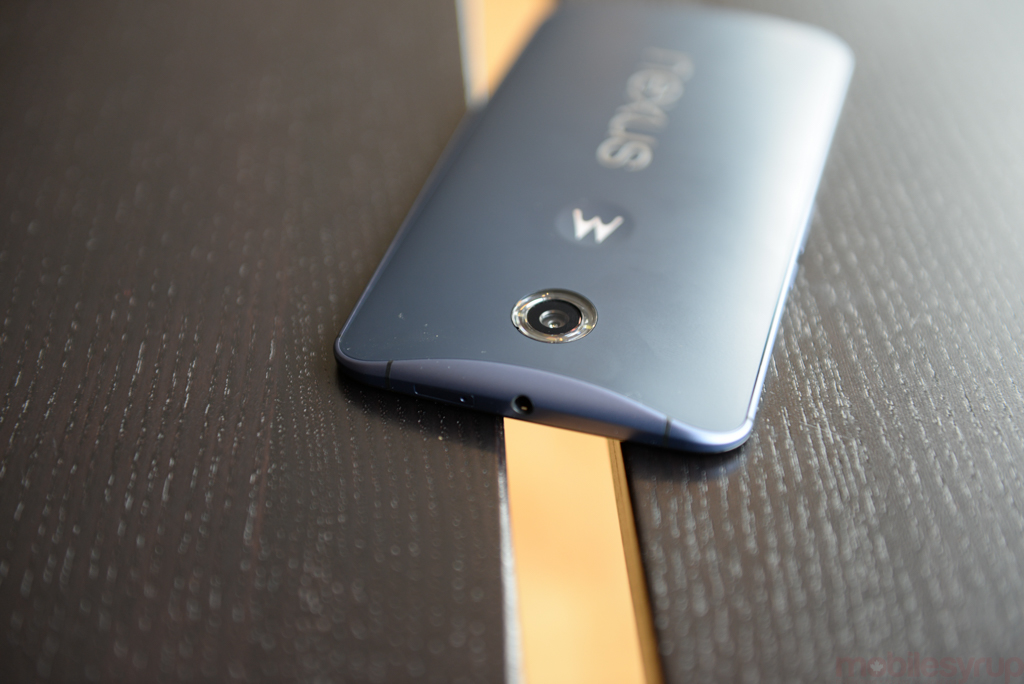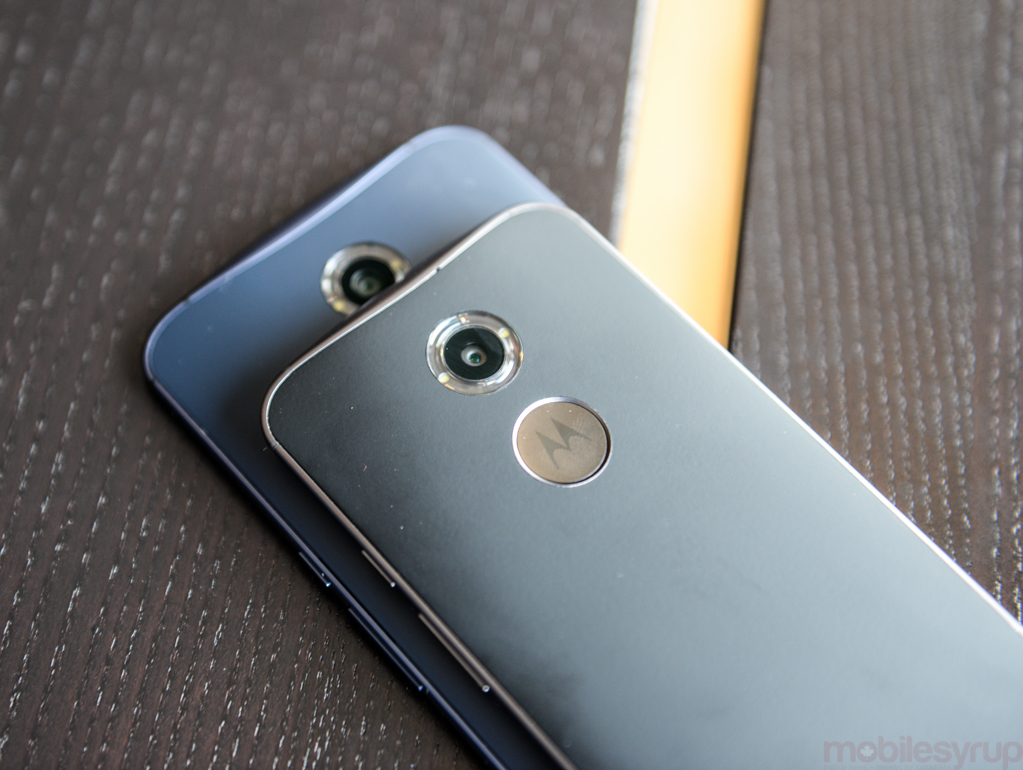
Welcome to Tête-à-Tête, a series where two of our writers converse on interesting topics in the mobile landscape — through chat. Think of it as a podcast for readers.
This week, Daniel and Douglas discuss whether Lollipop will change the way the public — me, you, iPhone users, deveopers — looks at Android.
Douglas Soltys: Daniel, sweet Daniel, I sit next to you nearly every day, and as such I’m prone to noticing your outbursts. Your recent time with the Nexus 6 and Nexus 9 has left you gushing about Android Lollipop, which is apparently smoother than a baby seal’s bottom.
As you well know, I’m a frequent iOS user that has dabbled occasionally with Android. While I admire the platform’s deep features and rapid iteration, I’ve always been turned off by its obtuse presentation; getting Android to sing takes work, and it has never been pretty.
But based upon your writings and our Halloween podcast, I’m starting to think Google has not only added a lovely presentation layer on top of Android’s powerful core, but simplified the means to access that power.
I’m curious: is Lollipop an opportunity to see if Android can make a second impression on me?

Daniel Bader: Doug, I think that it’s fair to say Android is now a fuller operating system than iOS. There are more knobs, more ways to poke around under the hood. That’s always been the case, but never were these knobs well-oiled, nor shiny. They were old, rusty knobs.
Lollipop adds a considerable amount of shine to Android’s image, both — to continue the car analogy — under the hood and on the chassis. ART alone has been in the works since Android debuted; the new runtime cleans up much of the “messiness” of running an Android app in real time, and gives developers more breathing room when it comes to garbage collection and RAM efficiency. Apps therefore run smoother, with no significant changes to their codebase.
Then there’s the argument that Android developers don’t love the OS, and as a result don’t give it their best work. It’s been lobbied that Android development too-closely mirrors iOS, not necessarily in design but intention. Make it almost as good as the iPhone version, they say, without realizing what it means. An Android app needs to be different, more adaptable to various screen sizes and resolutions, more capable of growing and shrinking with the user.
It’s taken a long time, but Lollipop represents, at least to me, a turning point in the way consumers will view Android. Jelly Bean made it pretty; KitKat made it smooth; Lollipop makes it mature.
Does that sound like it would work for you?

Douglas Soltys: Well, I would say to you that Android has almost always been the fuller OS, by design. And I like your car analogy – it’s good to know things are running more smoothly under the hood. But I’m most concerned – if not solely for me, but for other iOS users that may be sniffing around the latest Android devices – with the experience in the cabin.
iOS has often been the easiest platform for smartphone neophytes because Apple locks down anything that won’t benefit the vast majority of users, even if it is to the detriment of ‘prosumers’. Does Android Lollipop harness the power under the hood in a way that won’t overwhelm new users? Has the power been integrated into Android’s ‘chrome’ or is it still buried underneath?
Your comments on Android apps is concerning. Few will run to Android with the news of ‘better garbage collection’, no matter how important it is to the overall experience. One benefit of iOS is the (accurate) assumption that you are always using the best mobile version of that app. How big is the current gap with Android apps, and how long do you think we’ll have to wait until developers get comfortable with Lollipop for there to be a sea change in the ecosystem?

Daniel: That’s the ongoing debate among Android users, especially those who have come from iOS. It’s an objective truth that developers tend to spend more time on their iOS versions, and usually debut new features there, but whether the majority of people will notice a significant difference in quality depends on how hard they’re looking. I see the subtle differences between them because I have a trained eye; the average consumer, especially one unfamiliar with iOS’s value chain, will likely see fewer.
What I imagine both users and developers will get from Lollipop’s release is a sense of comfort. No longer will they need to rely on hacks or third-party APIs to complete basis functions; things like Do Not Disturb mode, or custom lockscreen notifications, are now baked into the code base.
Now that the iPhone is offered in three sizes, though, iOS users tempted over to Android because of larger handsets may have second thoughts. But I’m confident in saying that anyone tired of iOS’s often-stifling closed ecosystem, or disenchanted with the way it treats notifications or home screens, will find a good home on Android. I regularly go between both, and am finding fewer and fewer app experiences that I can’t reliably recreate on Android, even if the exact app is not available. For example, my favourite journaling app, Day One, is not available on Android, but Journey has proven to be a suitable replacement.
There are also some apps that are built for Android first, and work better as a result. Granted, they’re few and far between, but let’s hope that with Lollipop and Material Design, we’ll begin seeing more examples, sooner.
So, have I convinced you?
MobileSyrup may earn a commission from purchases made via our links, which helps fund the journalism we provide free on our website. These links do not influence our editorial content. Support us here.


